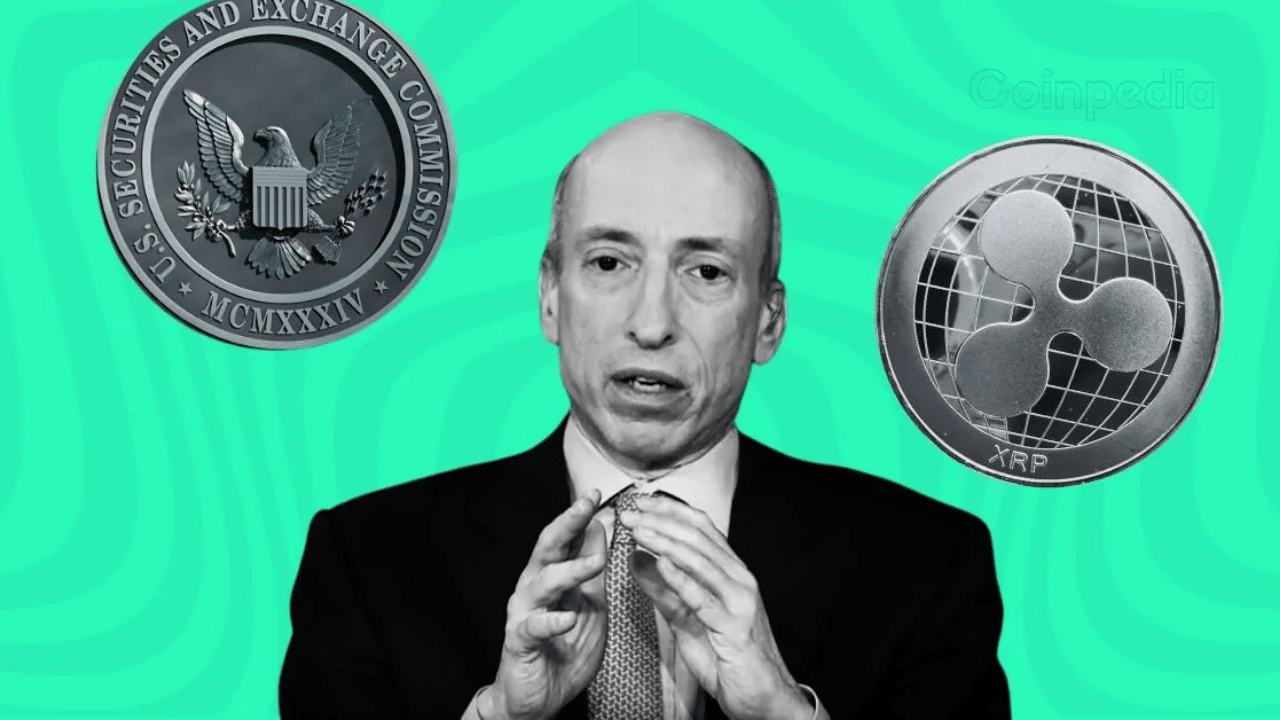The core of the current legal dispute between Ripple Labs and the U.S. Securities and Exchange Commission (SEC) is whether Ripple’s cryptocurrency, XRP, qualifies as a security.
In 2020, the SEC accused Ripple of violating securities laws by selling XRP without proper authorization, claiming it qualified as an unregistered security. Ripple argues that XRP is a digital asset, comparable to a commodity or currency.
In July 2023, a U.S. District Court ruled that XRP is not a security when sold on public exchanges but may be considered a security in institutional sales.
The SEC’s appeal against Ripple is still in progress and could significantly impact the cryptocurrency market. In October 2024, the SEC appealed Judge Torres’ ruling, which stated that Ripple’s XRP sales were not securities. The SEC is set to submit its brief by January 15, 2025, shortly before President Trump’s inauguration.
President Donald Trump has chosen Paul Atkins, a pro-crypto advocate, to replace SEC Chair Gary Gensler. This shift could result in a more crypto-friendly approach, easing pressure on Ripple and other projects.
Meanwhile, reports suggest that Gary Gensler, along with SEC litigation counsel Jorge Tenreiro, is preparing a final filing on the Ripple case before Atkins takes over. Some believe this move could pose new challenges for Ripple, similar to actions taken by former SEC Chair Jay Clayton.
XRP has faced challenges due to the SEC lawsuit accusing it of being an unregistered security. With SEC Chair Gary Gensler stepping down, the incoming administration’s crypto-friendly leadership is expected to ease regulatory pressures.
As the regulatory outlook improves, investor interest in XRP is growing, with analysts predicting potential record highs by year-end. XRP’s strong presence in banking positions it for long-term growth compared to more speculative cryptocurrencies.
Also Read: Chamber of Digital Commerce Applauds Ripple SEC Ruling

